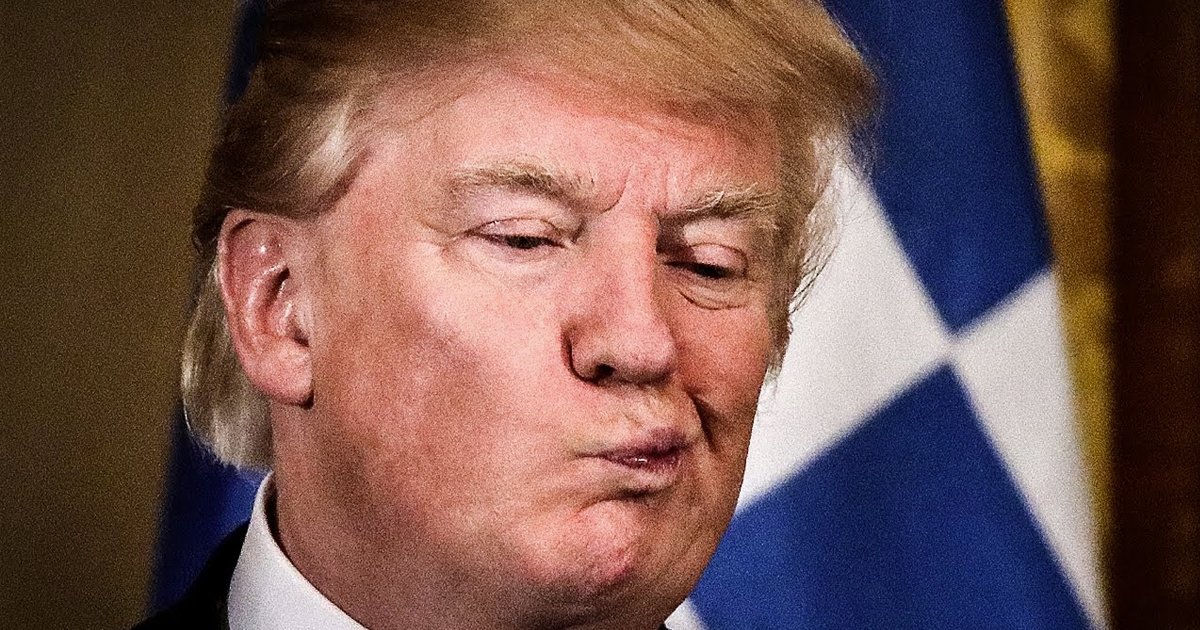The Presidential election of 2016 may wind up being the first one in US history in which an independent candidate wins the White House. At the very least, the campaign will completely transform the two-party system.
American voters have been complaining for years that they are tired of “politics as usual,” but for decades, it’s been mostly talk. Every election year, those who actually do cast ballots throw up their hands, hold their noses and vote for whomever they believe to be the “lesser of two evils.” Independent candidates may receive a few votes, but as a rule, voters have shied away from them.
Common wisdom holds that an independent candidate simply draws votes away from one major party candidate, allowing the other to win. One example is the Presidential election of 1992. It is debatable that third-party candidate Ross Perot actually siphoned off enough GOP votes to hand the election to Bill Clinton that year (as Republicans claimed at the time). Nonetheless, it was the first time an elected incumbent GOP president had been defeated in sixty years. Significantly, Perot captured nearly 20% of the popular vote – more than any independent candidate since Theodore Roosevelt in 1912, when he ran as a Progressive with the “Bull Moose” Party.
Today, there are growing indications that American voters are ready to reject the two major parties – whom they increasingly see as different wings of a single political “machine” – and vote for the candidate they actually believe in. The contest could very well come down to a pair of diametrically opposed candidates: Democratic socialist Bernie Sanders, and arch-capitalist Donald Trump.
Currently, these two candidates are running in the Democratic and Republican primaries, respectively. However, should either or both fail to secure their parties’ nominations, they may wind up running as independents. It would be the first four-way election in 104 years, and the resulting dynamics of such a race could result in record-breaking voter turnout – particularly among the “Anti-Establishment” electorate. Given the amount of discontent and anger across the political spectrum, 2016 may go down in history as the year the GOP-Democratic stranglehold on politics is finally loosened, if not broken, as an independent candidate winds up winning the White House.
Together, Bernie Sanders and Donald Trump represent opposition to the status quo. Both the Democratic and the Republican bases have had enough, and are hungering for real “hope and change.” They are heartily sick of candidates that focus all their energies attacking their opponents on things such as emails, sex scandals, personal finances and other matters that divert attention from the real issues facing the nation. Both of these candidates are not afraid to speak their minds on these issues – something that voters on both sides find tremendously refreshing.
However, this is where the resemblance between Sanders and Trump ends. Sanders is not only a seasoned legislator with vast experience in politics, he is a real statesman, the likes of which hasn’t been seen in over a generation. He not only speaks out on the pressing issues of our day – primarily, the wide and growing income inequality and misplaced priorities that are the root causes of virtually everything else that is wrong with society – but also offers concrete, practical solutions. He refrains from personal attacks on his opponents (recently, Sanders publicly defended rival Hillary Clinton), confining his criticism to their political and social positions.
Trump, on the other hand, is little more than an ignorant, loud-mouthed, angry, over-privileged, aging white man. He does not hesitate to pander to racists, misogynists, homophobes and other weak-minded Americans who are only just smart enough to realize that something has gone very wrong in this country – but lack the intellect and information to really understand what is happening. Trump’s high polling numbers among the GOP base says more about their dislike for Trump’s rivals than anything else. While other Republican candidates equivocate, speak in generalities, go on and on about their narrow Christianist faith and talk a great deal while saying very little, Donald Trump unabashedly speaks his mind. He may suffer from constipation of the brain and diarrhea of the mouth, but his frankness has struck a definite chord among GOP voters.
Among the general electorate, the only advantage Trump has over Sanders at the present time is name recognition. While Trump’s antics are very entertaining, the fact is that Sanders is drawing increasing support among serious, discerning, engaged voters – even in “red” states. He has been invited to speak at the ultra-conservative, fundamentalist Christian institution founded by the late Reverend Jerry Falwell, Liberty University. Having accepted the invitation, Sanders realizes that LU students are unlikely to accept his positions on social issues, but believes he will find common ground with most of them on the issues of economic and social justice. Sanders’ poll numbers among Democratic voters continue to close in on those of Hillary Clinton – and a recent survey shows Sanders coming out on top of every GOP candidate.
None of this means that Sanders or Trump will necessarily win their respective parties’ nominations. It is not clear just what Sanders would do, were he to lose the primary to Clinton. He may hesitate to run as a third-party candidate, reasoning – as we do here at the Ring of Fire – that the worst Democrat is still better than the best Republican, and that such a move might divide liberals and progressives, thus handing the election to the GOP.
It is possible that in winning the nomination, Clinton would be forced to take Sanders on as a running mate. At the very least, Ms. Clinton has seen the proverbial handwriting on the wall; she has already adopted a watered-down version of at least one of Sanders’ platforms. In April, political satirist Andy Borowitz joked that Hillary would adopt all of Sanders’ positions by noon – but perhaps he was only wrong about the timing. Sanders’ current growing support means that, even if she were to win the nomination, Clinton will have to move in a much more Progressive direction if she hopes to retain support among the Democratic rank-and-file.
Donald Trump on the other hand, whose ego is larger than his net worth, is very likely to mount a third-party campaign, should he not get his way in the Republican primaries. This would, in effect, siphon votes away from the GOP candidate – virtually handing the White House to the Democrats in 2016. That may have been part of the strategy when Bill Clinton allegedly nudged Donald Trump into the race during a friendly phone chat back at the end of May. The former President, as intellectually brilliant as Trump is stupid, calculated that a Trump candidacy would virtually ensure a Democratic win.
However, both Mr. and Mrs. Clinton failed to account for the groundswell of discontent that is propelling Bernie Sanders’ surging popularity. Regardless of who wins the nomination, the two major parties have been sent a clear message: the American people are done with politics as usual.


